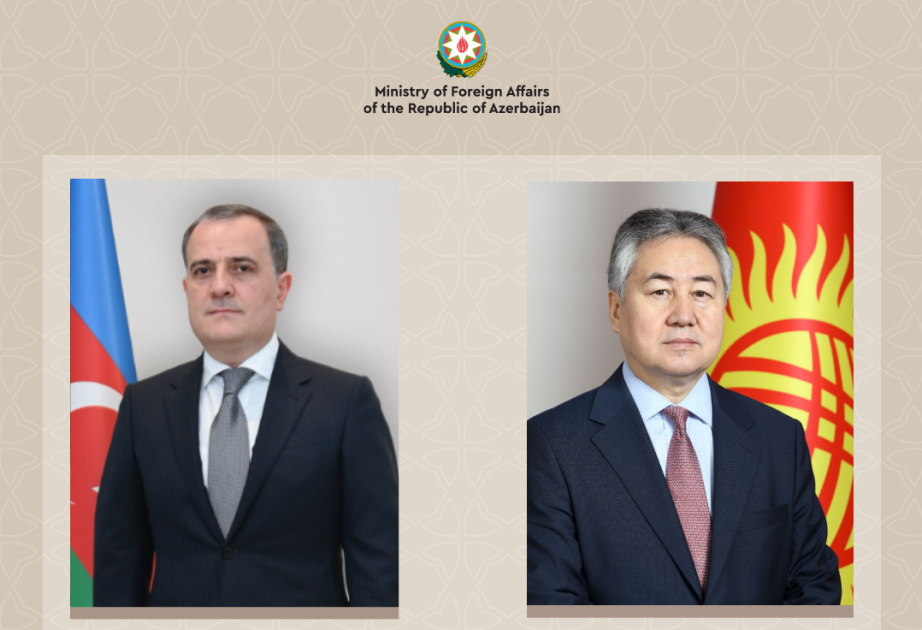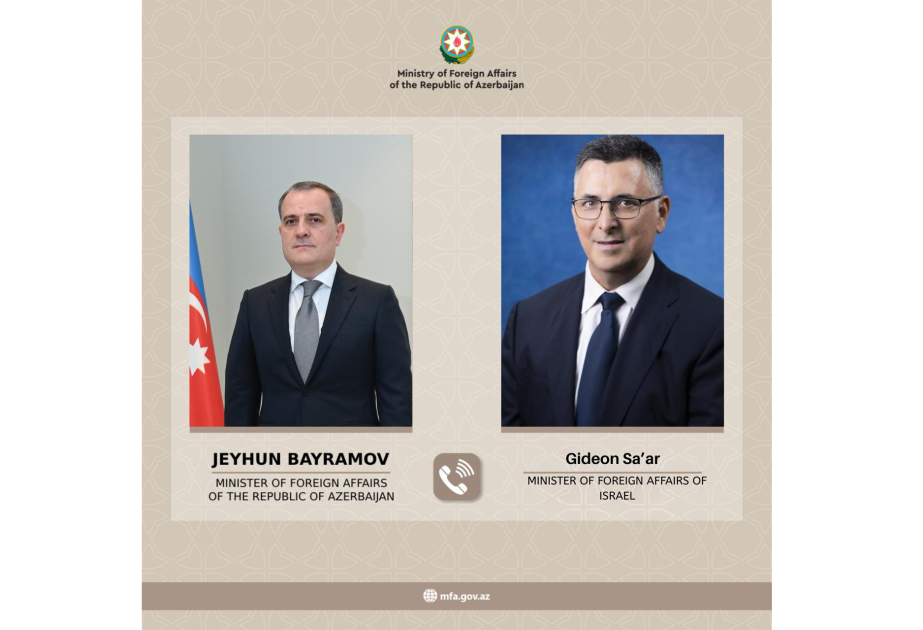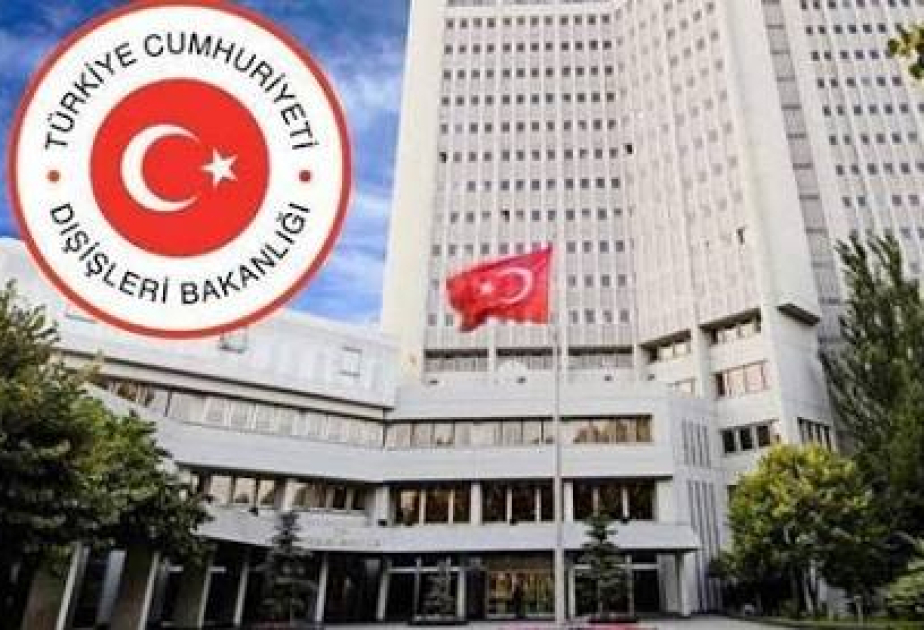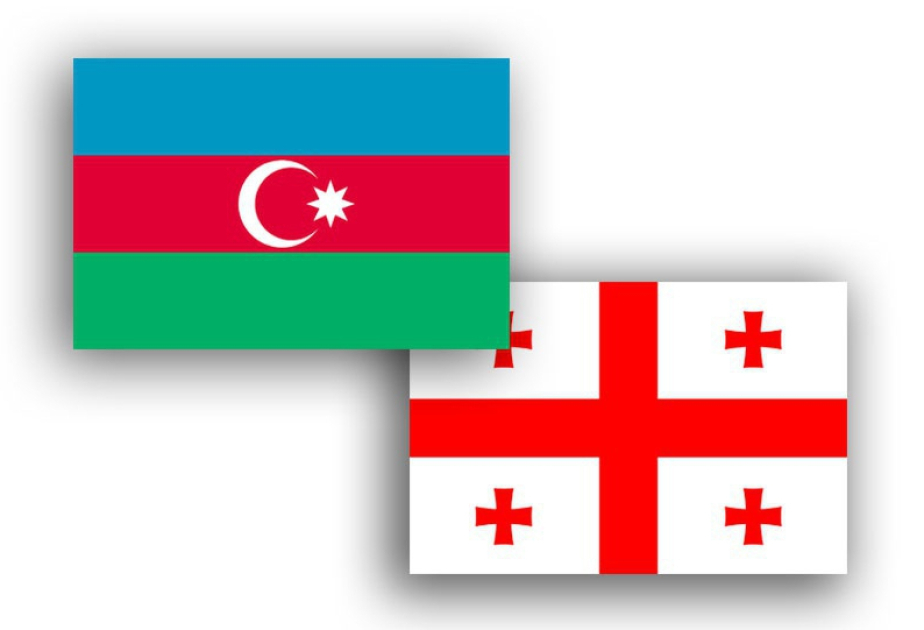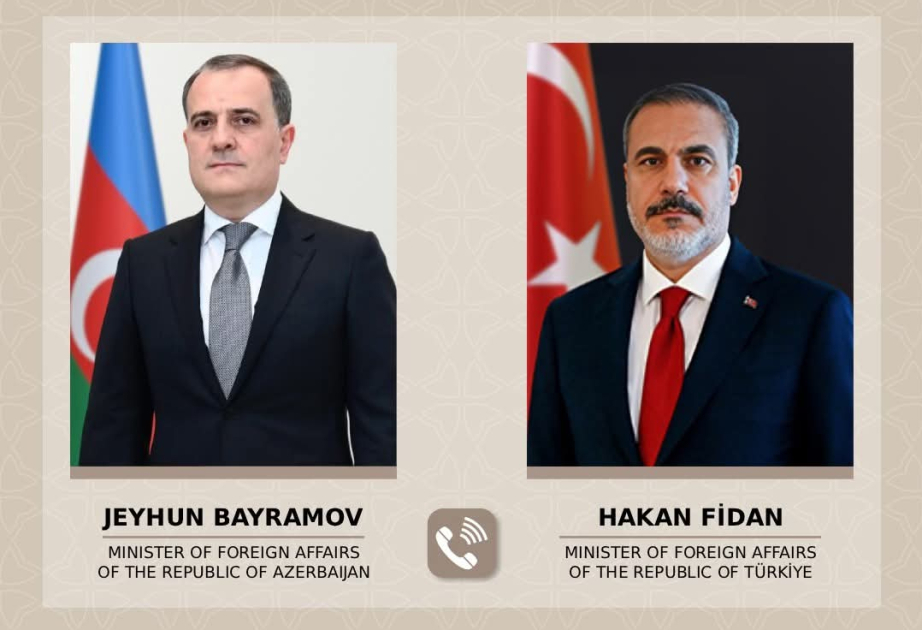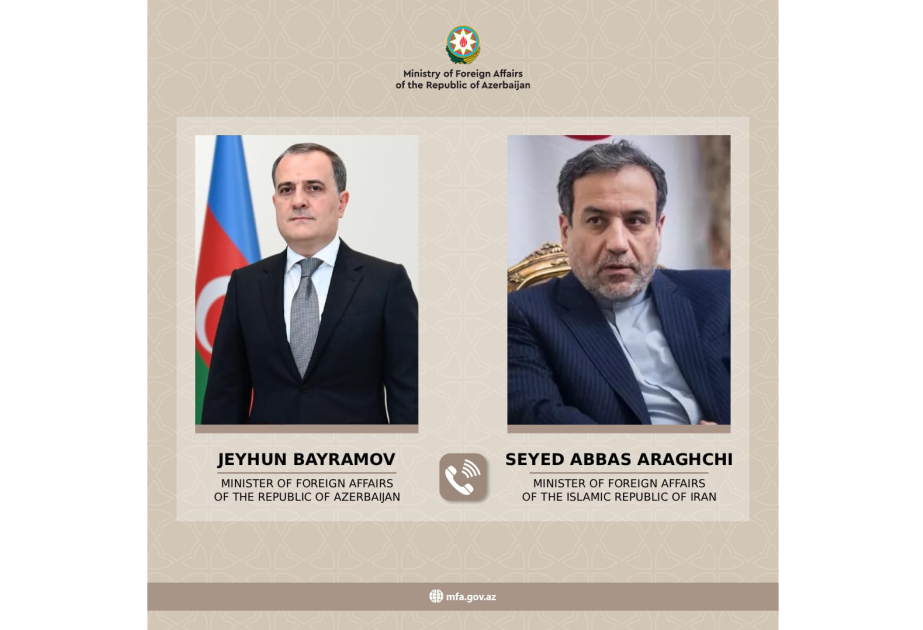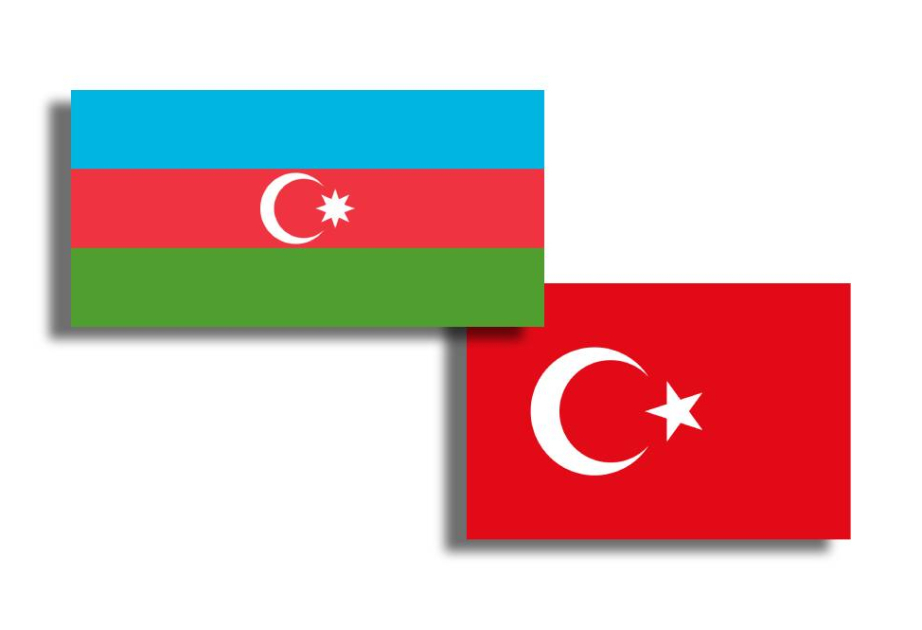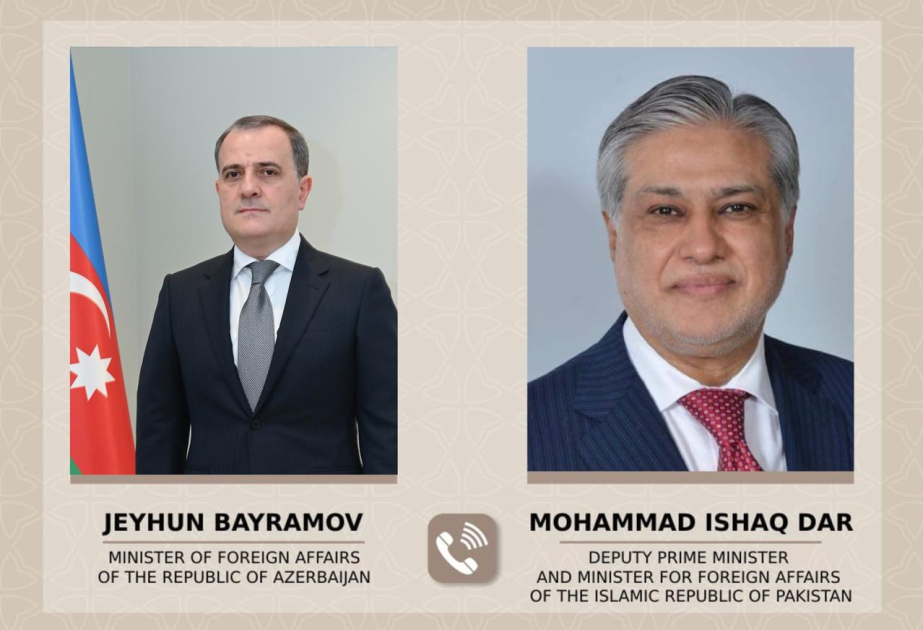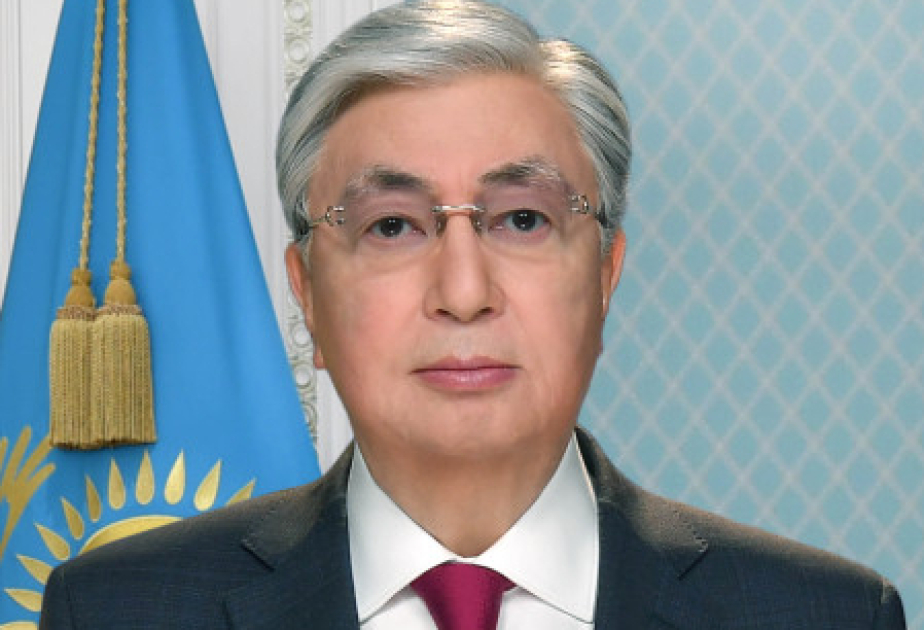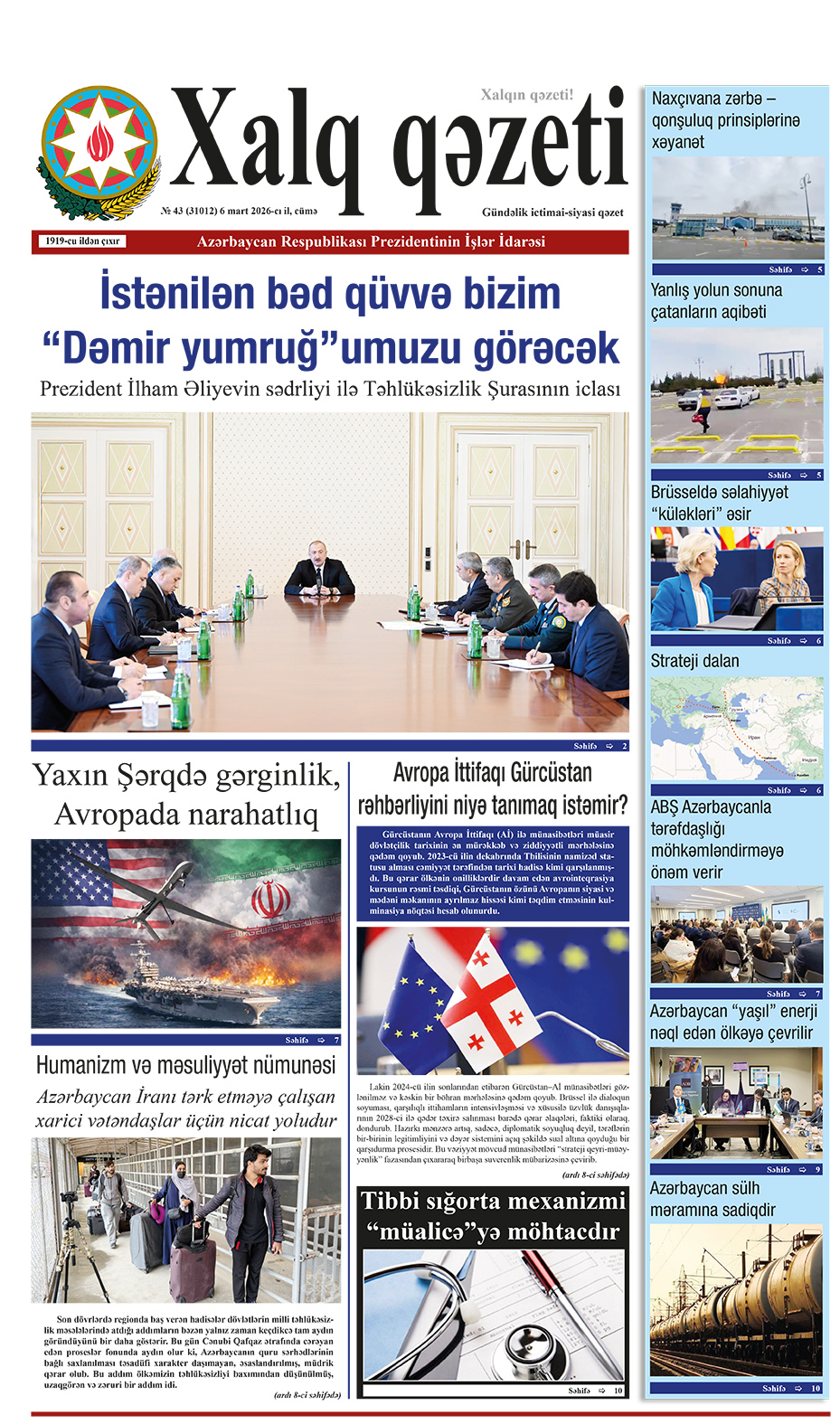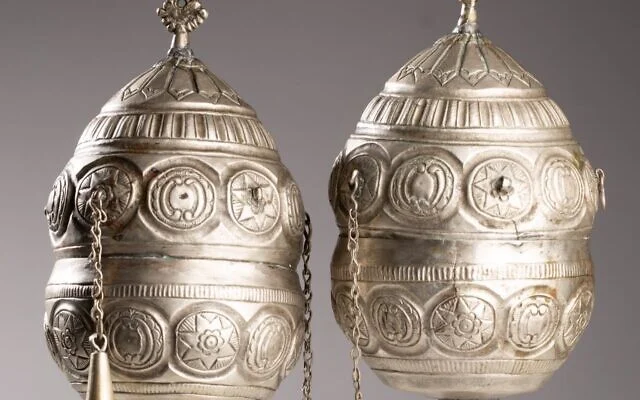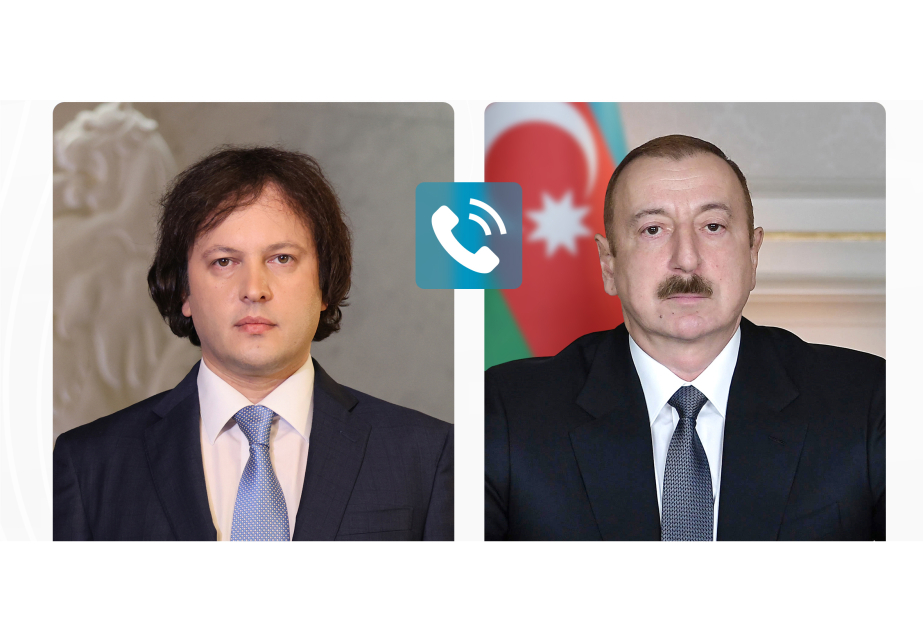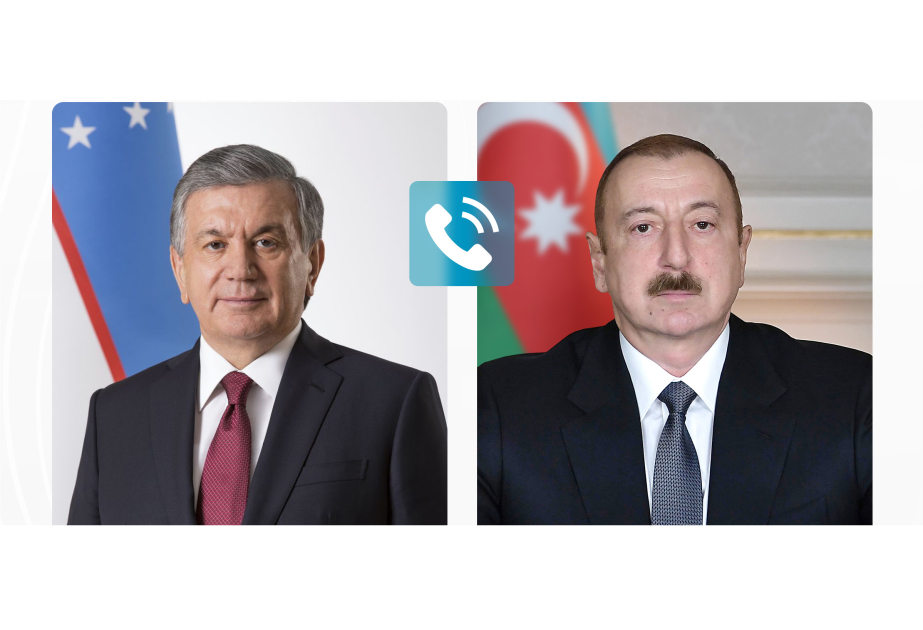Will Armenians be able to get rid of lethargy?
The war between Armenia and Azerbaijan is over, but there is still no peace. Although there are statements from Yerevan that the "neither peace nor war" situation is very close to life, nothing is seen in terms of real confirmation of this. What the Armenian side has added to the text of the so-called framework document, or what they want to do, is not fully disclosed. But it is well known that serious preparations are underway for peace talks and there is no alternative to direct dialogue to achieve them. It can also be said that calls for peace to the authorities are increasing from the Armenian public, who are most worried about the current situation and are tired of the uncertainty of the relations between the two countries.
Armenian political scientist Arutyun Mkrtchyan, who is sure that Armenia will establish normal relations with its neighbors sooner or later, asks which Karabakh his compatriots are talking about. Of course, following the rhetorical question, the political scientist highlights the importance of Armenia's immediate peace with Azerbaijan:
"Unfortunately, the bearers of the rhetoric of war and the ideology of revanchism are the representatives of the "fifth column" in our society. They constantly put forward such a thesis that "if there are no Russians, the Turks will eat us." One truth must be understood: we must have the opportunity to establish contact with our neighbors in the region, find a language with them, engage in peace talks, even through direct dialogue. The recent events prove that we will be able to achieve concrete results in this way."
They turned "Arsakh" into an excuse
Political scientist Arutyun Mkrtchyan, expressing his opinion on this matter to the media, reacted in a unique way to the warning statement of Pyotr Tolstoy, the vice-speaker of the Russian State Duma, that acting at a distance from Moscow would result in a disaster for Armenia:
"Regarding the peace agreement, it must be said that Yerevan is ready for it, but there are groups within the country that oppose it. When Armenia and Azerbaijan come to an agreement on some issue or the possibility of signing a peace agreement is mentioned, those people start talking about the "independence of Artsakh". Such forces were well described by Ter-Petrosyan (the first president of Armenia - ed.): "This is not even a kindergarten, but a real madhouse."
Indeed, Ter-Petrosyan was right in this matter. These people talk about "creating a state within a state". Is this acceptable? Can this be considered a serious conversation? Even if the authorities go for it, the 3 million people of Armenia will not allow it. They visited Armenia and boasted about the "independence of Artsakh". And in the current situation, where peace is needed by Armenia like air and water. If someone claims otherwise, he is either making a mistake or purposefully deceiving the people. Finally, the time has come to approach the problems with common sense."
Frankly, we do not see the need to add anything to this political comment of Mkrtchyan.
There was no dialogue, but an imitation of it
Armenian human rights activist Vardan Harutyunyan also emphasizes that their grandfathers failed to solve this problem a hundred years ago, and now there is very little time left: "There is a need for civil dialogue between Armenians and Azerbaijanis. This is an undeniable fact.
A dialogue that both the government is in its interest and the people benefit from. Instead of dreaming about what can be achieved, we should make use of what we have. Unfortunately, a lot of blood was spilled. There are no more young people from both sides who have the opportunity to get to know each other, build relationships, and make friends. They falsely talked about a peaceful resolution of the conflict, dialogue, but two wars in the last three years showed that there was no dialogue. All that happened should make those who make decisions on behalf of the Armenian people understand one thing: the best decision today is to lay the foundations of peaceful coexistence in the future as soon as possible."
The only factor preventing the long-awaited peace between Azerbaijan and Armenia was the fact of occupation. Since this factor has already been eliminated, Baku expressed its good faith that it is ready to start a joint journey with Yerevan and normalize relations. Therefore, the Armenian authorities have no other way out than to accept Baku's idea of signing a comprehensive peace agreement. Support for this initiative can be heard from the West and the United States, which have not yet given up their mediation mission between the parties.
"What is important is practical agreement"
"Washington will do everything in its power to sign a peace treaty between Azerbaijan and Armenia." This was said by James O'Brien, assistant to the US secretary of state for European and Eurasian affairs. The Assistant Secretary of State, who intensified his calls for peace after his well-known visit to Baku, said that the important thing is for the two countries to talk to each other and come to a concrete and practical agreement. "Last week, they announced the mutual release of prisoners. This week they are already in their home. Also, in the joint statement they released, they revealed that they support each other on many issues and are ready to compromise. At the same time, the understanding approach of the official Yerevan to Azerbaijan's international wishes to host the next UN climate conference is commendable. We hope that this will be useful for both countries, as well as for Armenia's international aspirations. Providing such support is an important step in the direction of establishing normal bilateral relations," O'Brien said, hoping that the parties will soon sign a peace agreement. "Both sides have expressed their interest in doing so. We, as well as our partners in the European Union and others, stand ready to help the process. We would like all this to end soon. Because an early peace will bring great benefits to the parties."
James O'Brien also touched on the possibility of a meeting between the foreign ministers of the two countries in Washington: "Our word to both sides is that we are very happy to support the peace agreement between them. We have already hosted several rounds of peace talks between foreign ministers. If the parties decide to help you for the sake of peace, we will do it again. We are ready to help. "Both sides are encouraged to meet, and so far each has expressed their willingness to work toward this goal."
The US Assistant Secretary of State responded to the question of whether the peace agreement between Armenia and Azerbaijan will be signed by the end of this year: "There is not enough time left for the end of the year, but we will do our best for it."
Optimistic statements of the mediators, and more importantly, the public awakening observed in Armenia, give reason to say that the breath of peace can be heard at the door. What remains is the spread of that air to the region...
Rasim MUSABYOV,
Member of Parliament, political scientist
In fact, normalization of Armenia's relations with Azerbaijan and Turkey should take a completely rational form from inappropriate and utopian claims. As long as Yerevan does not regulate these relations, it will not feel like a comfortable and safe state in this region. Therefore, it will be condemned to constantly cling to the skirt of Russia with both hands, and walk upside down in front of Iran. That is, this situation does not promise any pleasant prospects for Armenia.
Now the European countries that protect them, including the US official, are trying to make Yerevan understand that if you want to change the qibla from Russia to the West and reintegrate into the "old continent" the way Georgia is going, you must balance your relations with Turkey and Azerbaijan. Considering that Pashinyan and his team were constantly making speeches against Moscow and declaring that they would withdraw from the CSTO and the Eurasian Union before the truth came to light, I think that these forces are now gaining strength both in the government, in the opposition camp, and in the media. These people are trying to make their arguments public. Unfortunately, the diseases of nationalism, separatism, and territorial claims against Azerbaijan and Turkey, which have brainwashed the Armenian population for decades, are not easily cured.
Bəli, erməni cəmiyyətinin Rusiyaya etimadı ya tam itib, ya da ciddi şəkildə zəifləyib. Onu da anlayırlar ki, Moskvadan asıllıqları o dərəcədə yüksəkdir ki, birdən-birə arxa çevirməyin özü də təhlükəlidir. Digər tərəfdən nə Azərbaycan, nə də Türkiyə ilə hərbi müstəvidə mübarizəyə güclərinin olmadığını bilsələr də, yenə də iddialarından daşınmağa tələsmirlər. Amma inanmaq istərdim ki, erməni cəmiyyətində dediyimiz rasional istəklər güclənəcək və real nəticələr verəcək.
İmran BƏDİRXANLI
XQ




